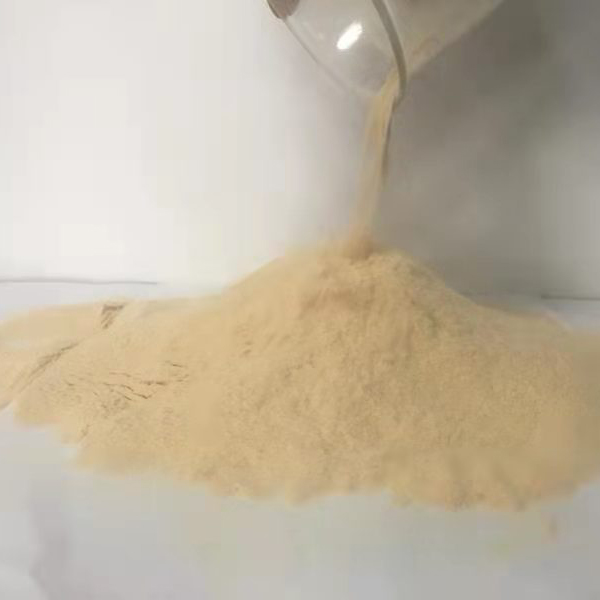
News
aug . 06, 2024 10:41 Back to list
Innovative Chelant Solutions for Corrosion Prevention and Management in Various Industries
The Role of Chelant Corrosion Inhibitors in Industrial Applications
Corrosion is a significant challenge faced by various industries, leading to extensive damage to equipment, structures, and systems. As the demand for efficient and cost-effective solutions to combat corrosion increases, the role of chelant corrosion inhibitors has gained prominence. This article explores the importance of chelating agents in corrosion prevention, their mechanisms, and their application across different sectors.
Understanding Chelant Corrosion Inhibitors
Chelants, or chelating agents, are compounds that can form multiple bonds to a single metal ion, effectively grabbing it and preventing it from participating in corrosive reactions. They work by sequestering metal ions, which can otherwise catalyze corrosion processes, thereby stabilizing them and reducing their reactivity. By binding to metal ions in a solution, chelants help to protect the metal surfaces from corrosion, particularly in aqueous environments.
One key characteristic of chelants is their ability to prevent deposit formation. When metal ions are in solution, they can precipitate out and form scale, which is detrimental to the efficiency of systems such as cooling towers or heat exchangers. Chelating agents keep these metal ions in solution, mitigating scale formation and improving system performance.
Mechanisms of Action
The effectiveness of chelant corrosion inhibitors stems from their ability to disrupt the electrochemical processes involved in corrosion. Specifically, they can inhibit anodic and cathodic reactions by
1. Sequestering Metal Ions By binding to free metal ions, chelants prevent them from participating in corrosion reactions and minimize their availability for electrolyte interaction.
2. Forming Stable Complexes Chelants can form stable complexes with transition metals, reducing their reactivity and limiting their ability to catalyze corrosive reactions.
chelant corrosion manufacturer

4. Creating Barrier Coatings Chelants can assist in the development of protective films on metal surfaces, which act as a barrier against corrosive environments.
Applications Across Industries
Chelant corrosion inhibitors are versatile and find applications in various industries, including
- Water Treatment In the water treatment industry, chelating agents are utilized to prevent corrosion in pipes and equipment. They are especially vital in cooling systems, where the prevention of scale and corrosion prolongs equipment life and enhances efficiency.
- Oil and Gas In the oil and gas sector, chelants are used to mitigate corrosion in pipelines and production equipment. By protecting against the corrosive effects of oil field brines and acidic gases, these inhibitors help ensure safe and efficient operations.
- Manufacturing In manufacturing, particularly in metal processing and surface treatment, chelating agents play a crucial role in corrosion prevention. They are often included in cleaning and passivation processes to improve the longevity of metal components.
- Construction In the construction industry, chelant inhibitors are used in concrete to prevent rebar corrosion, enhancing the durability of structures exposed to harsh environments.
Conclusion
As industries continue to face the challenge of corrosion, chelant corrosion inhibitors provide an effective solution to mitigate the damaging effects of this natural process. Their ability to sequester metal ions and inhibit corrosive reactions makes them invaluable across various sectors, from water treatment to oil and gas, manufacturing, and construction. By integrating chelant technology into corrosion management strategies, industries can achieve enhanced equipment longevity, reduced maintenance costs, and improved operational efficiency. As research and development in this field advance, the future of chelant corrosion inhibitors promises even more innovative and effective applications.
-
Polyaspartic Acid Salts in Agricultural Fertilizers: A Sustainable Solution
NewsJul.21,2025
-
OEM Chelating Agent Preservative Supplier & Manufacturer High-Quality Customized Solutions
NewsJul.08,2025
-
OEM Potassium Chelating Agent Manufacturer - Custom Potassium Oxalate & Citrate Solutions
NewsJul.08,2025
-
OEM Pentasodium DTPA Chelating Agent Supplier & Manufacturer High Purity & Cost-Effective Solutions
NewsJul.08,2025
-
High-Efficiency Chelated Trace Elements Fertilizer Bulk Supplier & Manufacturer Quotes
NewsJul.07,2025
-
High Quality K Formation for a Chelating Agent – Reliable Manufacturer & Supplier
NewsJul.07,2025
